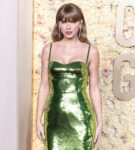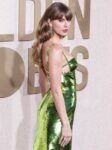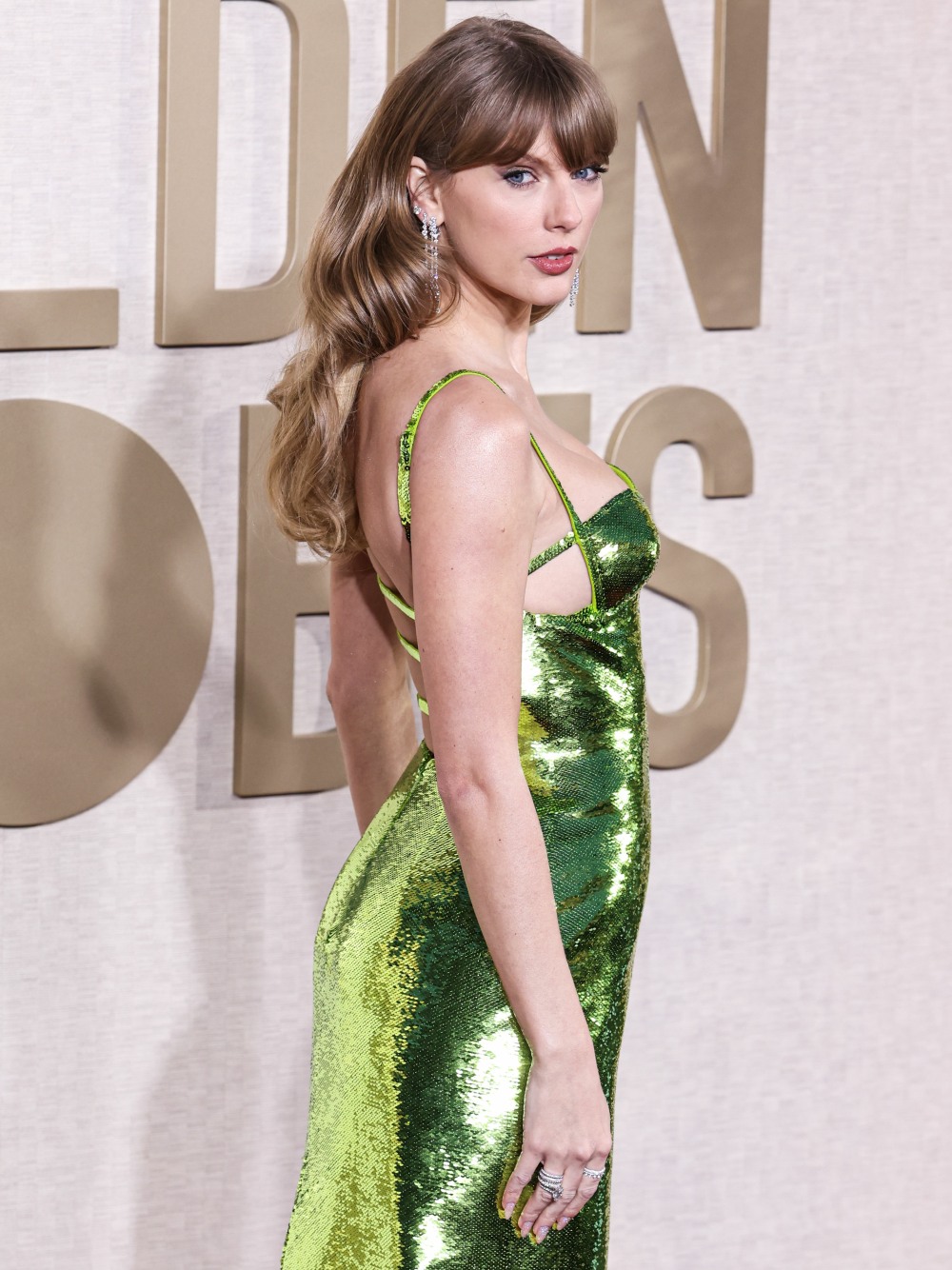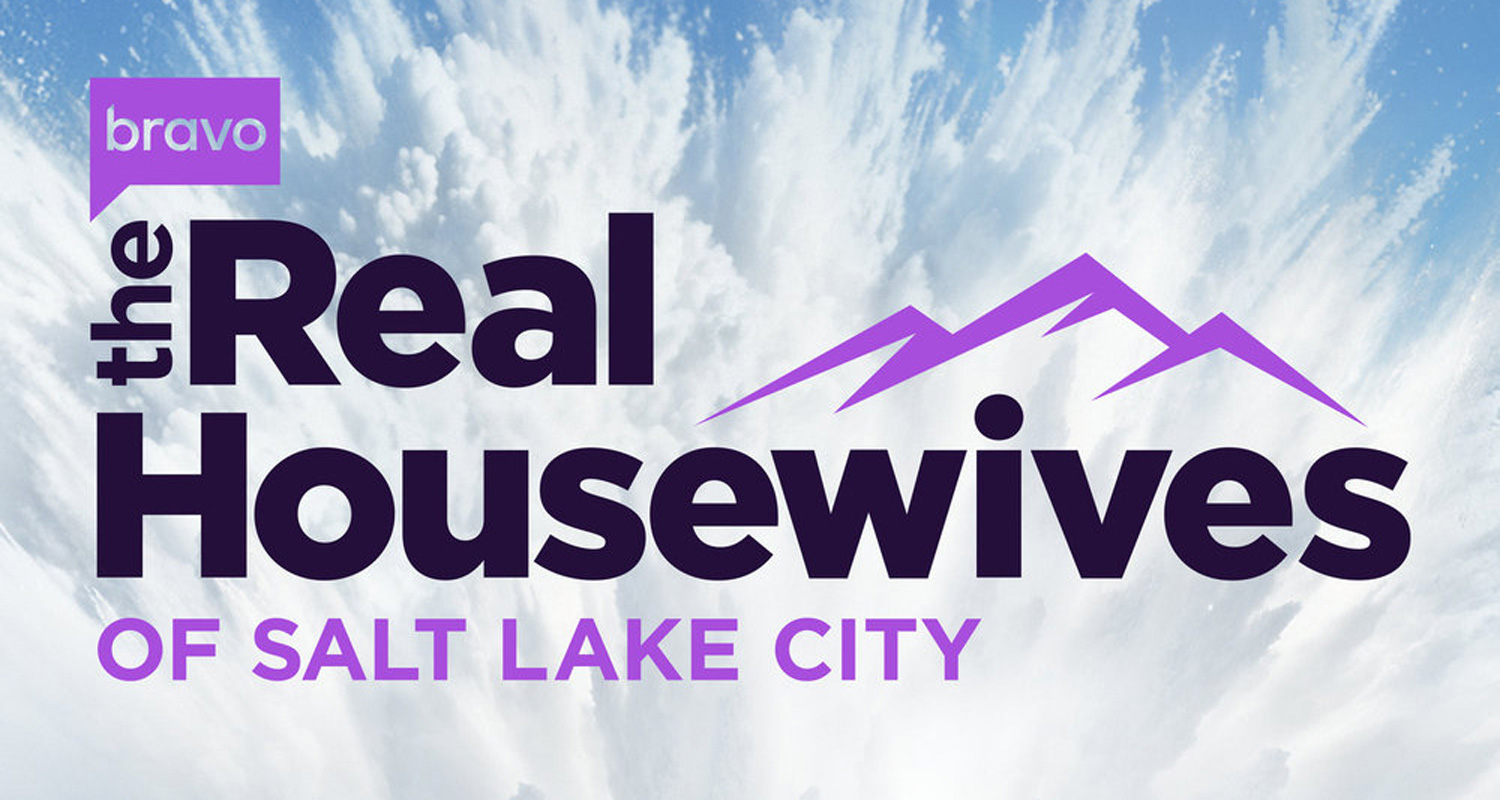ARTICLE AD
At the Grammys, Taylor Swift announced her forthcoming album, The Tortured Poets Department. She stunned her fans, many of whom believed that she had been working on Reputation (Taylor’s Version), yet another rerecording. As I said, I believe she has also been working on Reputation TV, and that announcement will probably come later this year (spring or summer, probably). But for now, we will soon deal with another promotional blitz for a new Taylor Swift album. Thinkpieces will be written, Easter eggs will be analyzed and Taylor’s power will keep growing and growing. Speaking of, the NY Times did a truly delightful piece about what actual poets think about Taylor’s album title. Some highlights:
Poet-approved: “As a tortured poet, I approve,” said Christian Wiman, the editor of Poetry magazine from 2003 to 2013. “Or is she making fun of us? I guess I kind of approve of that, too.”
Dark academia: The title calls to mind the Robin Williams film “Dead Poets Society” — also sans apostrophe — said Adrienne Raphel, a poet and the author of “Our Dark Academia,” who noted that the film was released in 1989, Ms. Swift’s birth year. “Tay is taking us full dark academia mode,” Ms. Raphel continued, referring to an online subculture that emphasizes reading, writing and a gothic fashion sense. “Let’s not forget the article: ‘the.’ ‘The’ also conjures academic programs: the Iowa Writers’ Workshop, the Ivy League.”
Poets are being taken seriously: “It takes us tortured poets seriously, as seriously as the post office, and yet it pokes a little good-natured fun at us at the same time,” said Richard Siken, whose 2004 poetry collection, “Crush,” won the Yale Younger Poets prize.
Are songwriters & poets the same? “Songwriters and poets are interchangeable to some extent,” said Eileen Myles, who has written more than 20 books of poetry. “So I feel a kindred spirit in Taylor Swift’s title.” Stephanie Burt, an English professor who teaches a class on Taylor Swift at Harvard University, said by email: “I’m hoping the title ends up in part lighthearted, since you don’t have to be tortured to be a poet, or even to be a skillful one. No one should be tortured (literally), and no one should have to feel tortured (figuratively) to make lasting or emotionally engaging art.” Whether or not Ms. Swift herself is a poet has long been a subject of debate. Ms. Burt posited that she was “not a great page-based poet but a major songwriter. Closely related art forms, but not the same.” Ms. Burt hastened to add that Ms. Swift belonged to poetic traditions nonetheless: She seemed to be inspired by “Wordsworthian romanticism, Burnsian lyricism — the intense and intensely gendered inwardness and the wit of Laura Kasischke,” she said.
Taylor’s poem, which was included in her social media post: Alongside the album artwork, Ms. Swift posted a handwritten poem on social media. Signed by “The Chairman of The Tortured Poets Department,” it rhymes “muses” with “bruises” and ends with “All’s fair in love and poetry.” Mr. Siken said he was struck by one line in particular: “‘My muses, acquired like bruises’ is brutal,” he said. “She got that exactly right. Muses don’t float in and out without doing any damage.”
Gregory Pardlo took issue with the word ‘tortured’: “Poets today take mental health very seriously,” Mr. Pardlo said, “and I find it a little troublesome that this poem seems to be romanticizing what are often diagnosed as anxiety disorders.”
Taylor is very much in favor with the rise of Instapoets: “Taylor’s music is a source of inspiration for many contemporary poets on Instagram and TikTok,” said Ginnie Bale, the poet responsible for the oft-memed verse “He didn’t like drama/and I was [expletive] Shakespeare.”
Taylor could become a poetry influencer: Some hoped that Ms. Swift’s next era would increase interest in American poetry, a precarious market for academics in real-life poetry departments — usually subsumed by English departments, which themselves face existential threats — across the country. “If this gets more people to write poetry, I’m all for it, because I want there to be more jobs to apply to,” said Sasha Debevec-McKenney, a poet and creative writing fellow at Emory University. “I want there to be more people fighting to get into poetry classes.”
We’ve talked for months/years about Taylor’s power and how she is, like, a stand-alone economy at this point. She influences so much, why couldn’t she be a poetry influencer? Why not? Why couldn’t Taylor single-handedly bring back poetry classes and poetry as a humanities discipline? I also think Taylor sees herself as a poet, writer, songwriter and lyricist first and foremost. I hope she’s as charmed with this as I seem to be! Yes, let’s have more poets in the world!
Photos courtesy of Avalon Red, Instagram.
 Taylor Swift bei der Verleihung der 81. Golden Globe Awards im Beverly Hilton Hotel. Beverly Hills, 07.01.2024 *** Taylor Swift at the 81 Golden Globe Awards at the Beverly Hilton Hotel Beverly Hills, 07 01 2024 Foto:xJ.xBlocx/xFuturexImagex globes_2024_4311,Image: 835178088, License: Rights-managed, Restrictions: imago is entitled to issue a simple usage license at the time of provision. Personality and trademark rights as well as copyright laws regarding art-works shown must be observed. Commercial use at your own risk., Model Release: no, Credit line: IMAGO/Jennifer Bloc / Avalon
Taylor Swift bei der Verleihung der 81. Golden Globe Awards im Beverly Hilton Hotel. Beverly Hills, 07.01.2024 *** Taylor Swift at the 81 Golden Globe Awards at the Beverly Hilton Hotel Beverly Hills, 07 01 2024 Foto:xJ.xBlocx/xFuturexImagex globes_2024_4311,Image: 835178088, License: Rights-managed, Restrictions: imago is entitled to issue a simple usage license at the time of provision. Personality and trademark rights as well as copyright laws regarding art-works shown must be observed. Commercial use at your own risk., Model Release: no, Credit line: IMAGO/Jennifer Bloc / Avalon
 Taylor Swift bei der Verleihung der 81. Golden Globe Awards im Beverly Hilton Hotel. Beverly Hills, 07.01.2024 *** Taylor Swift at the 81 Golden Globe Awards at the Beverly Hilton Hotel Beverly Hills, 07 01 2024 Foto:xJ.xBlocx/xFuturexImagex globes_2024_4310,Image: 835178100, License: Rights-managed, Restrictions: imago is entitled to issue a simple usage license at the time of provision. Personality and trademark rights as well as copyright laws regarding art-works shown must be observed. Commercial use at your own risk., Model Release: no, Credit line: IMAGO/Jennifer Bloc / Avalon
Taylor Swift bei der Verleihung der 81. Golden Globe Awards im Beverly Hilton Hotel. Beverly Hills, 07.01.2024 *** Taylor Swift at the 81 Golden Globe Awards at the Beverly Hilton Hotel Beverly Hills, 07 01 2024 Foto:xJ.xBlocx/xFuturexImagex globes_2024_4310,Image: 835178100, License: Rights-managed, Restrictions: imago is entitled to issue a simple usage license at the time of provision. Personality and trademark rights as well as copyright laws regarding art-works shown must be observed. Commercial use at your own risk., Model Release: no, Credit line: IMAGO/Jennifer Bloc / Avalon
 BEVERLY HILLS, LOS ANGELES, CALIFORNIA, USA – JANUARY 07: Taylor Swift wearing custom Gucci and De Beers jewelry arrives at the 81st Annual Golden Globe Awards held at The Beverly Hilton Hotel on January 7, 2024 in Beverly Hills, Los Angeles, California, United States.,Image: 835211402, License: Rights-managed, Restrictions: , Model Release: no, Pictured: Taylor Swift, Credit line: Xavier Collin / Image Press Agency / Avalon
BEVERLY HILLS, LOS ANGELES, CALIFORNIA, USA – JANUARY 07: Taylor Swift wearing custom Gucci and De Beers jewelry arrives at the 81st Annual Golden Globe Awards held at The Beverly Hilton Hotel on January 7, 2024 in Beverly Hills, Los Angeles, California, United States.,Image: 835211402, License: Rights-managed, Restrictions: , Model Release: no, Pictured: Taylor Swift, Credit line: Xavier Collin / Image Press Agency / Avalon
 BEVERLY HILLS, LOS ANGELES, CALIFORNIA, USA – JANUARY 07: Taylor Swift wearing custom Gucci and De Beers jewelry arrives at the 81st Annual Golden Globe Awards held at The Beverly Hilton Hotel on January 7, 2024 in Beverly Hills, Los Angeles, California, United States.,Image: 835211476, License: Rights-managed, Restrictions: , Model Release: no, Pictured: Taylor Swift, Credit line: Xavier Collin / Image Press Agency / Avalon
BEVERLY HILLS, LOS ANGELES, CALIFORNIA, USA – JANUARY 07: Taylor Swift wearing custom Gucci and De Beers jewelry arrives at the 81st Annual Golden Globe Awards held at The Beverly Hilton Hotel on January 7, 2024 in Beverly Hills, Los Angeles, California, United States.,Image: 835211476, License: Rights-managed, Restrictions: , Model Release: no, Pictured: Taylor Swift, Credit line: Xavier Collin / Image Press Agency / Avalon
 BEVERLY HILLS, LOS ANGELES, CALIFORNIA, USA – JANUARY 07: Taylor Swift wearing custom Gucci and De Beers jewelry arrives at the 81st Annual Golden Globe Awards held at The Beverly Hilton Hotel on January 7, 2024 in Beverly Hills, Los Angeles, California, United States.,Image: 835219200, License: Rights-managed, Restrictions: , Model Release: no, Pictured: Taylor Swift, Credit line: Xavier Collin / Image Press Agency / Avalon
BEVERLY HILLS, LOS ANGELES, CALIFORNIA, USA – JANUARY 07: Taylor Swift wearing custom Gucci and De Beers jewelry arrives at the 81st Annual Golden Globe Awards held at The Beverly Hilton Hotel on January 7, 2024 in Beverly Hills, Los Angeles, California, United States.,Image: 835219200, License: Rights-managed, Restrictions: , Model Release: no, Pictured: Taylor Swift, Credit line: Xavier Collin / Image Press Agency / Avalon

 11 months ago
56
11 months ago
56 


